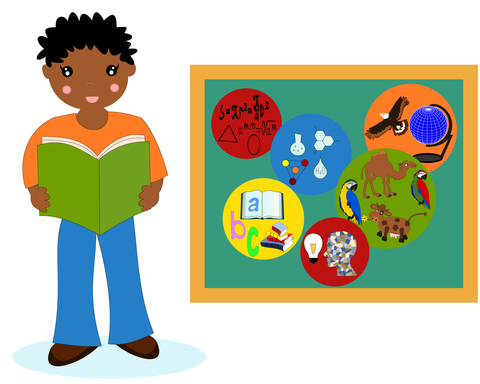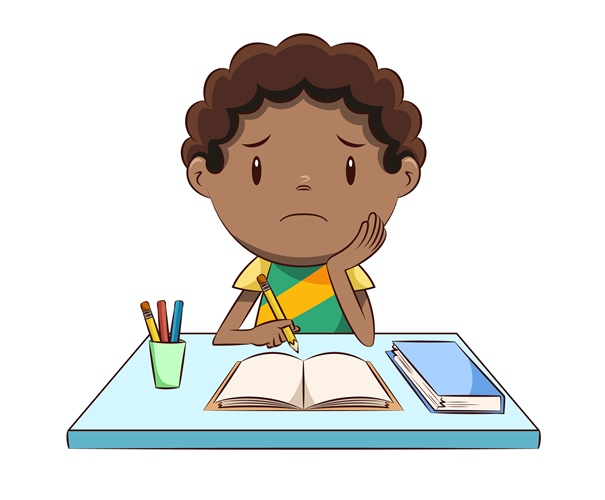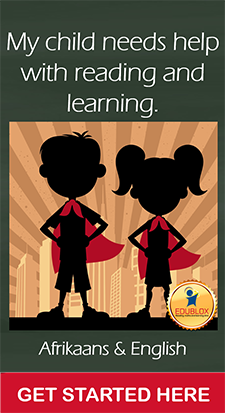What Causes Reading Disabilities?
Successful intervention is dependent on finding the cause or causes of a problem. Most problems can only be solved if one knows their causes. A viable point of departure would therefore be to ask the question, "What causes reading disabilities?"
Read MoreHelp for Handwriting Problems
A handwriting problem exists when a learner writes illegibly or extremely slowly. Everyone occasionally produces some illegible letters, but some learners do so frequently enough that understanding what they have written is difficult; at this point, the difficulty would be considered a problem. Learn more about the causes and how a handwriting problem can be overcome.
Read MoreWhat Is Automaticity? Why Is It Important for Reading and Learning?
Acquisition of a new skill is generally associated with a decrease in the need for effortful control over performance, leading to the development of automaticity. Automaticity by definition has been achieved when performance of a primary task is minimally affected by other ongoing tasks.
Read MoreEvery Child Learns Differently? Or Don’t They?
The phrase “every child learns differently” is often used to refer to a child’s learning style. Learning styles are generally divided into three categories: (1.) visual learners, who need to see it to know it, (2.) auditory learners, who need to hear it to know it and (3.) tactile/kinaesthetic learners, who prefer a hands-on approach...
Read MoreWhen Is My Child Ready for Reading?
The concept reading readiness appears to have been introduced in the United States in a publication of the National Society for the Study of Education in 1925. The concept was based on the notion that a child’s readiness to cope with specified learning tasks is fundamentally a process of maturation, and that the process of maturation could not be appreciably speeded up. The role of learning was considered to play only a supportive role...
Read MoreDon’t Confuse Learning Skills with Learning Strategies
There is a tendency nowadays to confuse the word skill with related concepts like strategy, method, and technique. Many people, when talking about "learning skills," actually mean learning strategies, or learning methods, or learning techniques...
Read MoreTeaching Reading Right
Imagine not being able to read. Your academic career would not go further than high school, seriously hampering your chances of ever working your way up in the world. You could never apply for a job without assistance, being incapable of filling out an application form. You couldn’t correspond with friends, read for pleasure or treat your children to bedtime stories...
Read MoreDeveloping Reading Skills to Help Children Triumph Against Dyslexia
In support of Dyslexia Awareness Month, Edublox reading, maths and learning clinic examines the surprising root cause of dyslexia and shares tips on how parents can address their child’s reading difficulties.
Read MoreTeaching Myth: Repetition and Drill Dull Creativity
Repetition and drill have become swear words in education. Today this form of learning is considered to be out of style, ghastly boring and even mindless. Drill-and-practice, teachers are told, produces only rote memorization and dulls creativity. “Having to spend long periods of time on repetitive tasks is a sign that learning is not taking place...
Read MoreHome Test to Identify Reading Problems
Imagine not being able to read. Your academic career would not venture further than high school, seriously hampering your chances of ever working your way up in the world. You could never apply for a job without assistance, being incapable of filling in an application form...
Read More













